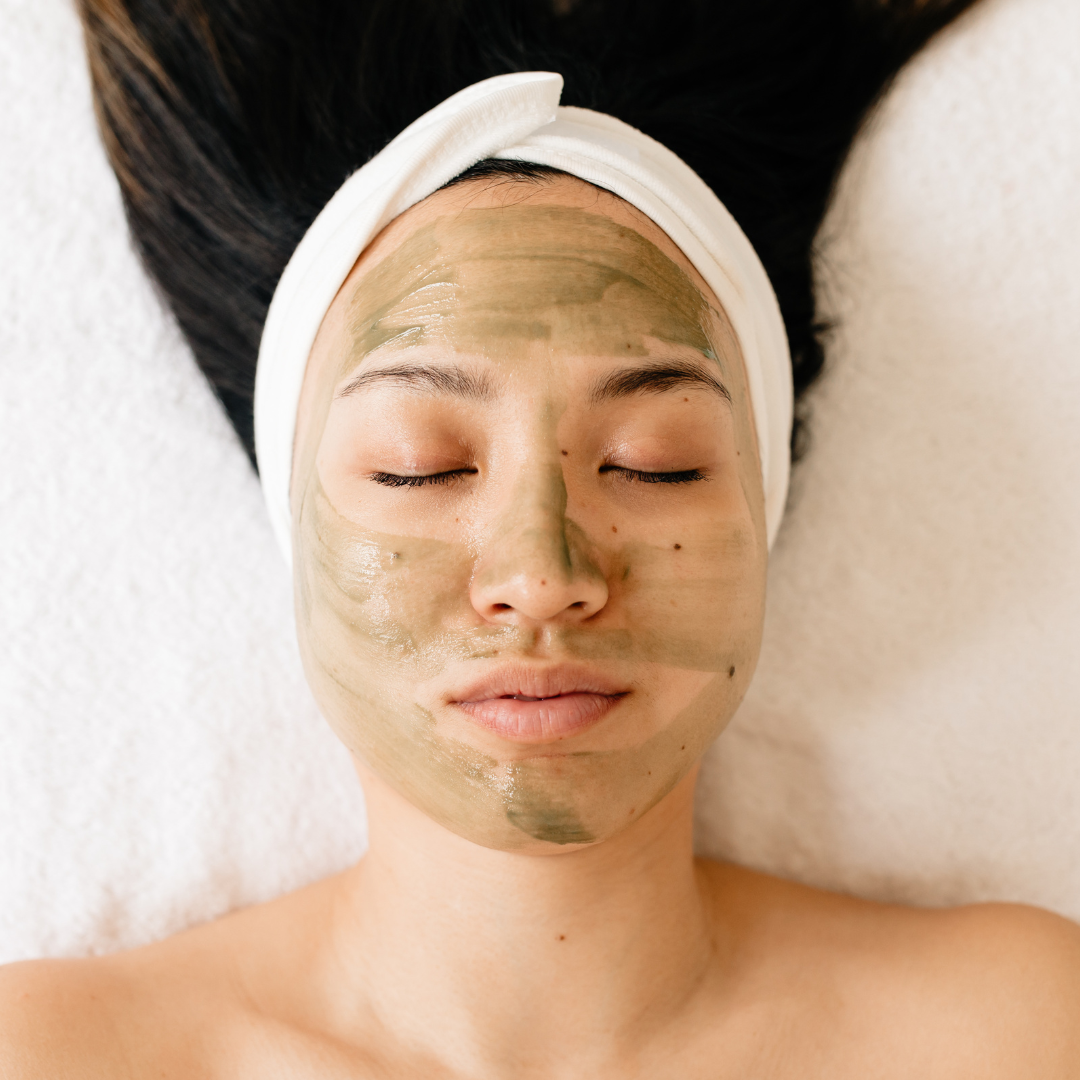A chronic inflammatory skin condition which we see so often is Rosacea. It's a multifactorial skin disorder which is important for skincare professionals to recognize because it poses as a contraindication for various treatments. It's also important to understand the nature of it so we can best help our clients navigate this skin condition.
Rosacea often presents itself as persistent facial redness, a flushing of the skin or reddened complexion, which may worsen with triggers like heat, sunlight, spicy foods, or alcohol.
It may also include small, dilated blood vessels also known as (telangiectasia) which may become visible on the skin's surface, particularly on the cheeks, nose, and chin.
In more advanced cases, red, acne-like bumps or pimples may appear, often accompanied by burning or stinging sensations.
If left untreated, and in severe cases, the skin may become thicker and develop a bumpy texture, particularly on the nose (rhinophyma).
While the precise cause of rosacea remains elusive, several factors are known to exacerbate symptoms, including:
- Environmental triggers: Heat, sunlight, wind, humidity, and hot beverages can all trigger rosacea flare-ups.
- Dietary factors: Spicy foods, hot drinks, alcohol, and certain food additives may worsen symptoms in some individuals.
- Skincare products: Harsh skincare products containing alcohol, fragrances, or abrasive ingredients can irritate sensitive rosacea-prone skin.
- Genetics: A family history of rosacea may increase the risk of developing the condition.
When recommending homecare for clients with rosacea, it's essential to choose gentle, non-irritating formulations that help soothe inflammation and strengthen the skin barrier. Below are some beneficial ingredients and products we love:
- Anti-inflammatory agents: Ingredients like niacinamide, green tea extract, and licorice root extract can help reduce redness and inflammation and strengthen the skin barrier. KrX's Custo:Med is a bespoke facial system which allows estheticians to create a variety of treatment masks. There are various protocols which you can find in our catalog. Also check out Inflacure which is one of our best selling mask treatments for both Rosacea and Acne! For homecare, nothing beats Cica. This anti-inflammatory ingredient can be found in KrX's Cica Recovery line, or in Corthe's Cica Ampoule.
- Ceramides: Ceramide-rich moisturizers help repair and strengthen the skin barrier, reducing sensitivity and preventing moisture loss. Rich M Cream is the go-to moisturizer for this skin condition.
- Zinc oxide: Mineral sunscreens containing zinc oxide provide broad-spectrum UV protection without irritating sensitive skin.
In addition to skincare products, certain lifestyle modifications can help manage rosacea symptoms effectively:
- Sun protection: Encourage clients to use broad-spectrum sunscreen daily and wear protective clothing and hats to shield their skin from UV radiation.
- Gentle skincare routine: Advise clients to use mild, fragrance-free cleansers and moisturizers formulated for sensitive skin and to avoid scrubbing or rubbing their face vigorously.
- Stress management: Stress is a known trigger for rosacea flare-ups, so recommend relaxation techniques such as yoga, meditation, or deep breathing exercises.
- Diet modifications: While individual triggers vary, clients may benefit from avoiding spicy foods, hot beverages, alcohol, and histamine-rich foods.
- Avoid heat: Refrain from activities that increase heat in the skin. While we don't advise skipping exercise, one thing we can suggest is to refrain from saunas, hot yoga, and such.
I hope you found this helpful, and don't forget, when in doubt, refer out!




Comments
Beta Serum & Beta Masks have also been helpful with my rosacea clients.
I just recently had a client whom I thought was just experiencing bad hormonal acne around her chin and nose with some capillaries on her cheeks, but after closers looking at it with the information you provided, I now believe she has a more severe case of Rosacea.
Thank you so much for sharing your knowledge. I love reading these tips.
Is red light therapy good for rosacea? Since it causes heat on the skin.